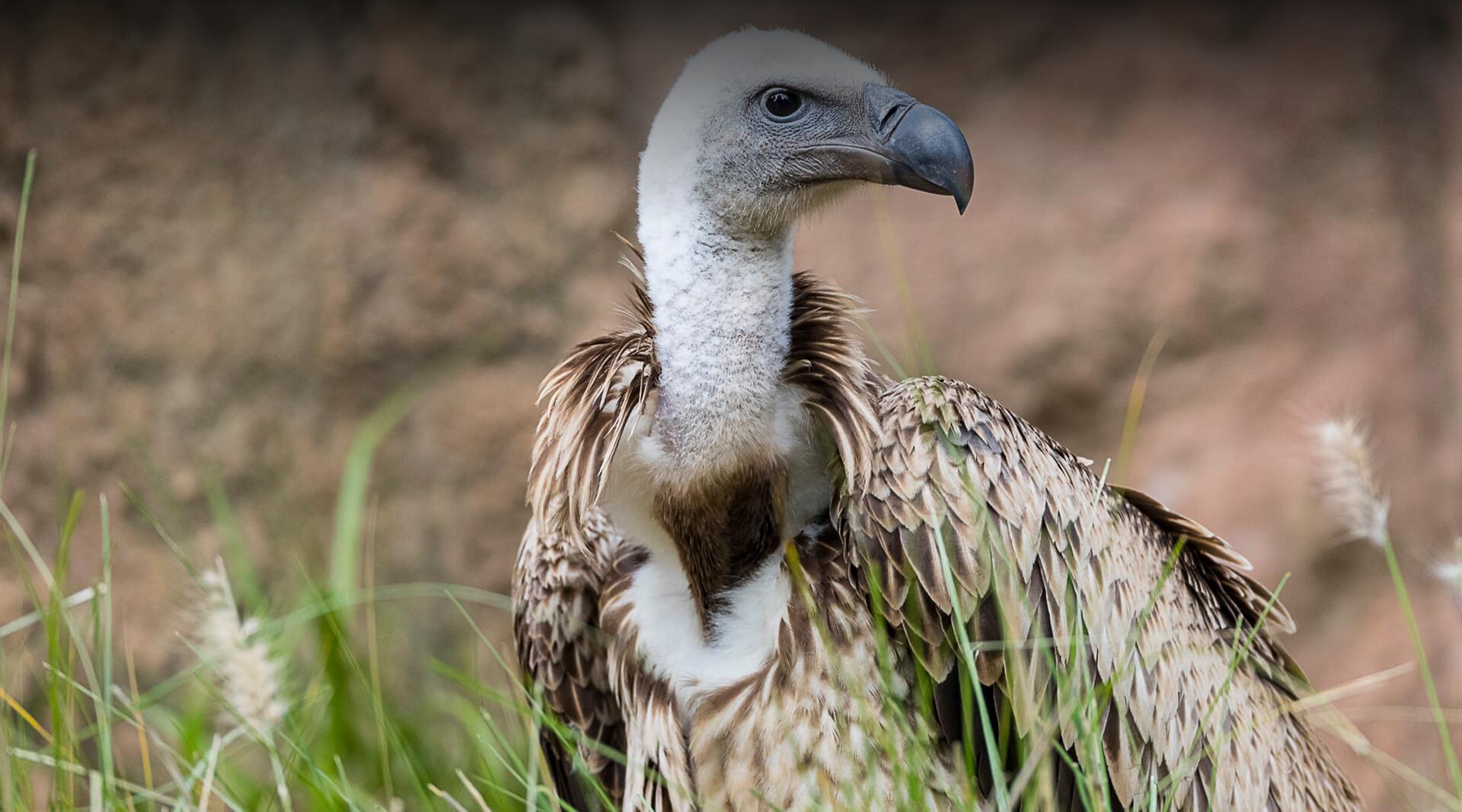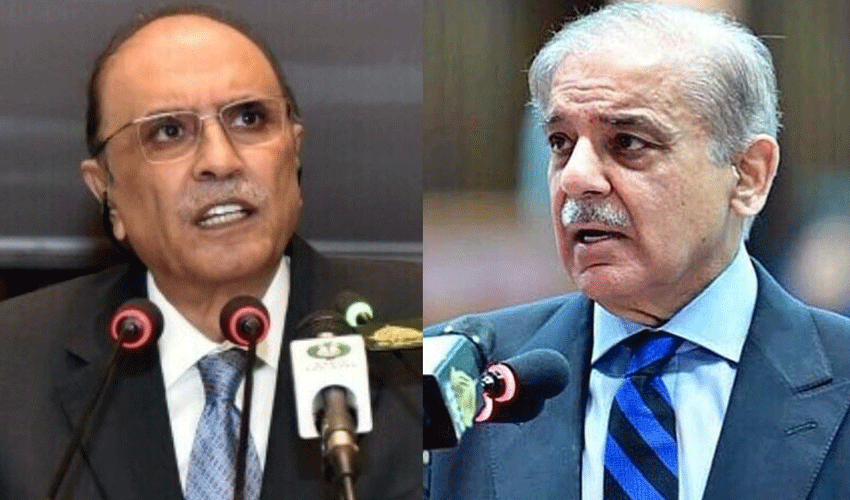There are more than 22 species of vulture right now around the globe out of 14 are those which are at the risk of going to extinct. This is particularly true in Sub-Saharan Africa, where four of the bird's severely endangered species are found.
According to the CNN that Vulpro, a South African non-profit organization, is striving to preserve and restore these magnificent birds that face extinction.
A group of 160 African and cape white backed vultures were transported 1,049 kilometers to the Eastern Cape's Shamwari Private Game Reserve last month by VulPro.
The mission featured over fifty people from DHL Logistics and NPO We Wild Africa, which are specialized in animal rewilding and relocation.
As a result of breeding efforts the NPO has so far transferred a large number of birds.
Increasing the number of vultures living in the wild and establishing new populations is the aim of the translocation.
According to Kerri Wolters, the founder and CEO of VulPro, "I had the opportunity to hand-raise a vulture whom we still have today."
"He was 10 days old, and he fit in my hands, and I have fairly small hands. It was at that very moment that I actually understood how fragile and misunderstood the species were."
A research on African savannah raptors released earlier this year found that large raptors, including vultures, "had experienced significantly steeper declines than smaller species," with declines most severe in West Africa and "more than twice as severe outside of protected areas".
The white-headed vulture is "now extinct as a breeding species" in sections of KwaZulu-Natal, along South Africa's eastern coast, according to Wolter, primarily due to human activity.
Because vultures have eyesight "eight times better than humans," according to South African veterinarian Dr. Johan Joubert, some people in that country kill vultures in hope to become visionary.



























